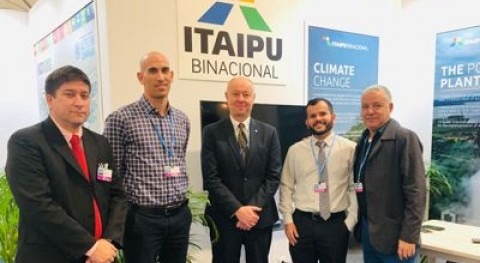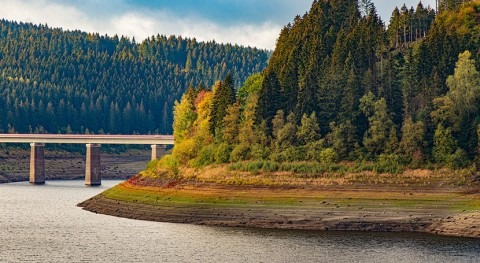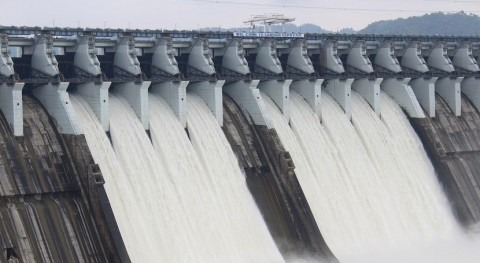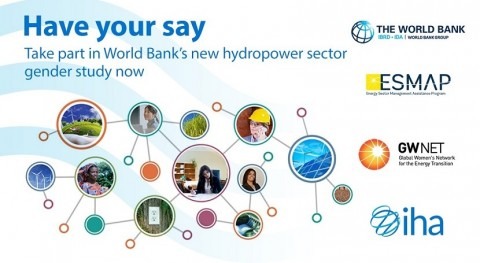The network is the result of an agreement signed between the two organisations in March 2018. It will create a platform for sharing knowledge and good practices on integrated approaches for delivering Sustainable Development Goals 6 (clean water and sanitation) and 7 (affordable and clean energy).
The initiative is supported by the International Hydropower Association (IHA), with Chief Executive Richard Taylor joining as a member of the partnership’s steering committee.
At the launch event in the Polish city of Katowice on 4 December 2018, UN DESA Under-Secretary-General Liu Zhenmin stated that water and energy are interconnected and crucial issues for the achievement of the SDGs.
In South America, for example, the availability of water has a direct relationship with energy generation, since hydropower accounts for more than 80 per cent of electricity supply. At the same time, the process of treatment and supply of drinking water is highly dependent on electricity.
Mr Liu drew attention to the fact that 1 billion people in the world do not have access to electricity, and 2.1 billion people lack access to water at home.
"The next decade is a window of opportunity for the international community to take action on these issues and to make significant progress. In this scenario, an integrated approach to SDGs 6 and 7 is a powerful tool," said Mr Liu. "And Itaipu is an example of this, as I personally witnessed last May when I visited the plant,” he added.
Itaipu, a member of IHA, was represented at the launch by financial directors, Mário Cecato (Brazil) and Monica Perez dos Santos (Paraguay), who emphasised the company's commitment to sharing its experiences in promoting development, biodiversity conservation, poverty reduction, and income generation
"This partnership with UN DESA is closely linked to our company. Water and energy are key issues for Itaipu's activities", said Mr Cecato. "It is from the water and energy care that Itaipu demonstrates its commitment to promoting economic, social and environmental development, both in Brazil and in Paraguay,” Ms Perez added.
Mr Taylor said the International Hydropower Association was committed to supporting the initiative. "There are very few examples, such as Itaipu, where the commitment to sustainable development is central to all its activities”, Mr Taylor said. “So we have to learn from these examples. For the sake of our future generations, the time to act is now."
Itaipu is also a strategic partner for the World Hydropower Congress, which is organised by IHA and hosted by UNESCO in Paris. Registration for the biennial event, held between 14 and 16 May 2019, is now open.
Patricia Espinosa, Executive Secretary of UNFCCC, was among those to welcome the launch of the global partnership. “It’s a unique and positive way forward - one that not only promotes water and energy sustainability, but advances the SDGs as well,” she said.
“Your goal is clear: to grow this global network over time to become one of the largest multi-stakeholder-based knowledge networks on water and energy. You also recognise the influential and defining role that climate change plays in this as well. We appreciate your work, your partnership and the results you’ve achieved so far. Never have we needed this work like now.”
Ms Espinosa added: “Governments alone cannot solve climate change. We need all people on board if we’re to truly make a difference.”
How it works
The network's proposal is to attract other organisations, governments and companies working with an integrated approach between water and energy. To join the platform, UN DESA is asking interested parties to produce case studies about their practices. After a review by the UN body, the studies will be made available online.



















